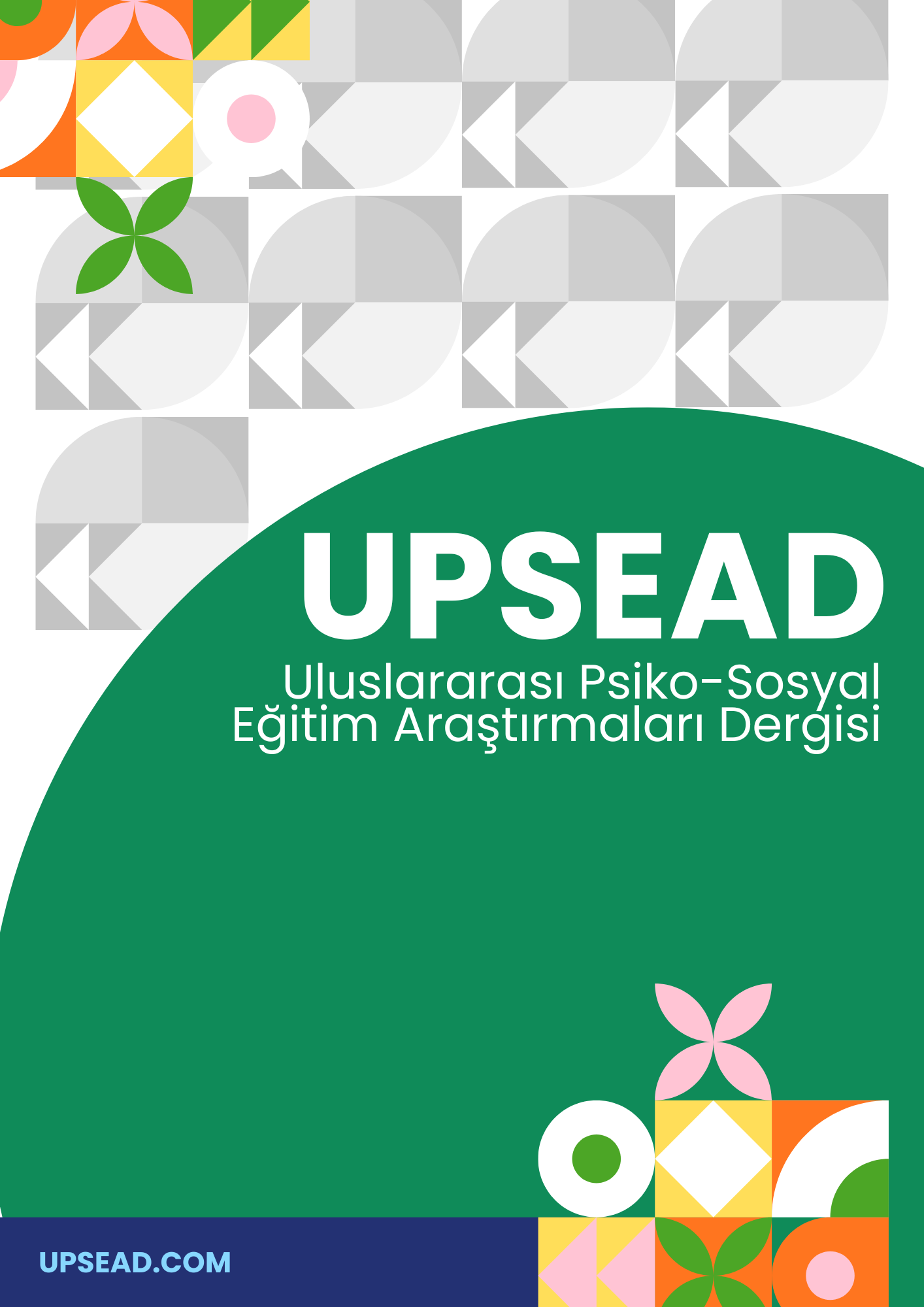Araştırma Makalesi | Açık Erişim
Uluslararası Psiko-Sosyal Eğitim Araştırmaları Dergisi 2022, Clt. 2(3) 75-83
The Predictive Role Of Self-Control and Interpersonal Relationship Style in Explaining Relationship Satisfaction in Emerging Adulthood
ss. 75 - 83
Yayın Tarihi: Aralık 31, 2022 | Görüntüleme Sayısı: 71/36 | İndirilme Sayısı: 72/36
Özet
The aim of the study was to examine whether the romantic relationship satisfaction of emerging adults is predicted by their self-control levels and interpersonal relationship styles. The study group consisted of 293 individuals between the ages of 18-30 years. The Romantic Relationship Satisfaction Scale was used to measure relationship satisfaction, the Self-Control Scale was used to measure self-control behaviors patterns, and the Interpersonal Style Scale was used to measure negative communication styles. Findings revealed that romantic relationship satisfaction is predicted by self-control and interpersonal style. Positive and significant relationships were found between the reformative and experiential sub-dimensions of the Self-Control Scale and relationship satisfaction. A negative significant relationship was found between the avoidant style sub-dimension of the Interpersonal Style Scale and relationship satisfaction. The findings are discussed in the context of the current literature and various suggestions are presented.
Anahtar kelimeler: Emerging Adulthood, Relationship Satisfaction, Self-Control, Interpersonal Style
APA 7th edition
Coskun, Z.I., & Koruk, S. (2022). The Predictive Role Of Self-Control and Interpersonal Relationship Style in Explaining Relationship Satisfaction in Emerging Adulthood. Uluslararası Psiko-Sosyal Eğitim Araştırmaları Dergisi, 2(3), 75-83.
Harvard
Coskun, Z. and Koruk, S. (2022). The Predictive Role Of Self-Control and Interpersonal Relationship Style in Explaining Relationship Satisfaction in Emerging Adulthood. Uluslararası Psiko-Sosyal Eğitim Araştırmaları Dergisi, 2(3), pp. 75-83.
Chicago 16th edition
Coskun, Zehra Ilke and Serdar Koruk (2022). "The Predictive Role Of Self-Control and Interpersonal Relationship Style in Explaining Relationship Satisfaction in Emerging Adulthood". Uluslararası Psiko-Sosyal Eğitim Araştırmaları Dergisi 2 (3):75-83.
